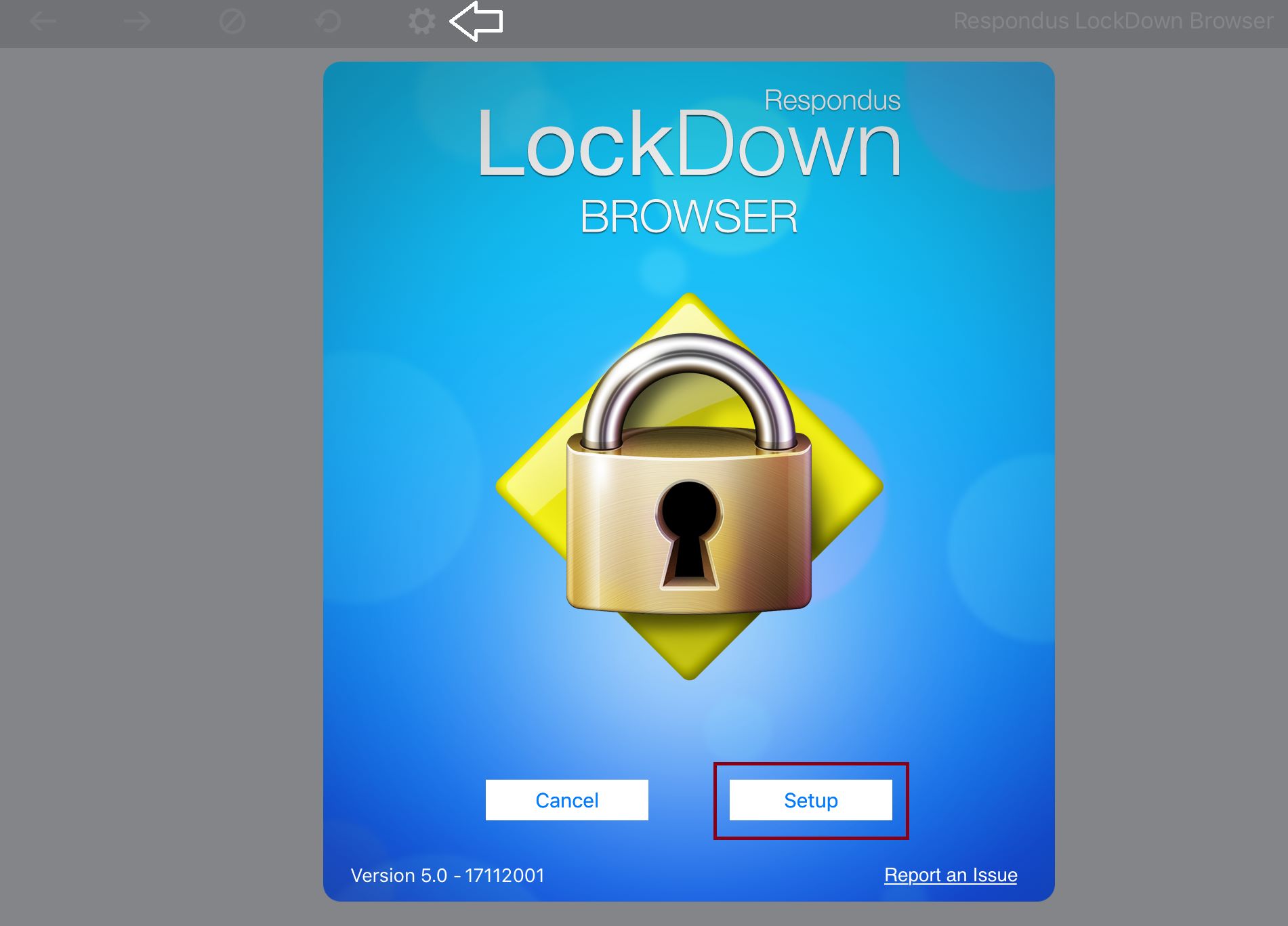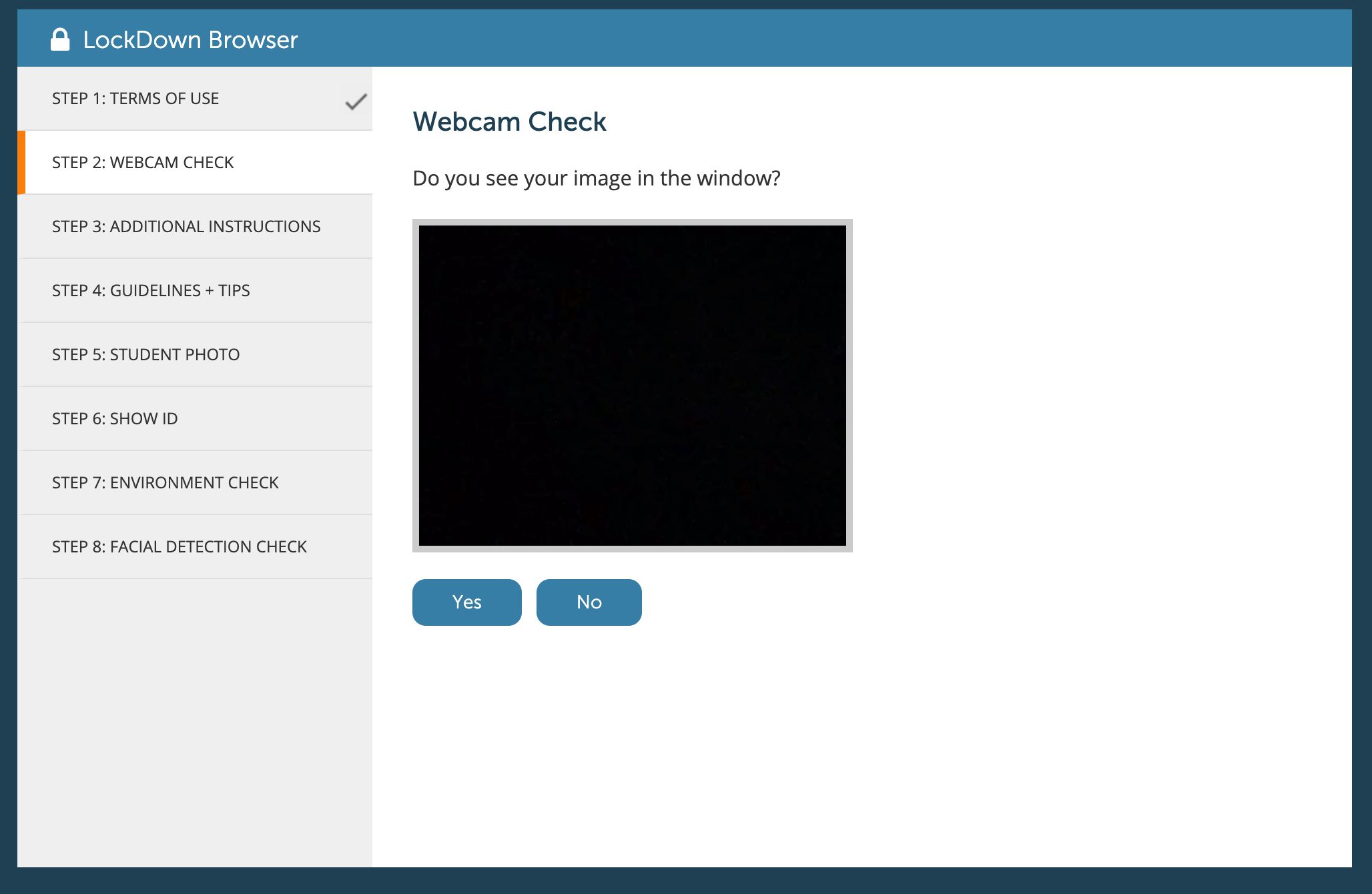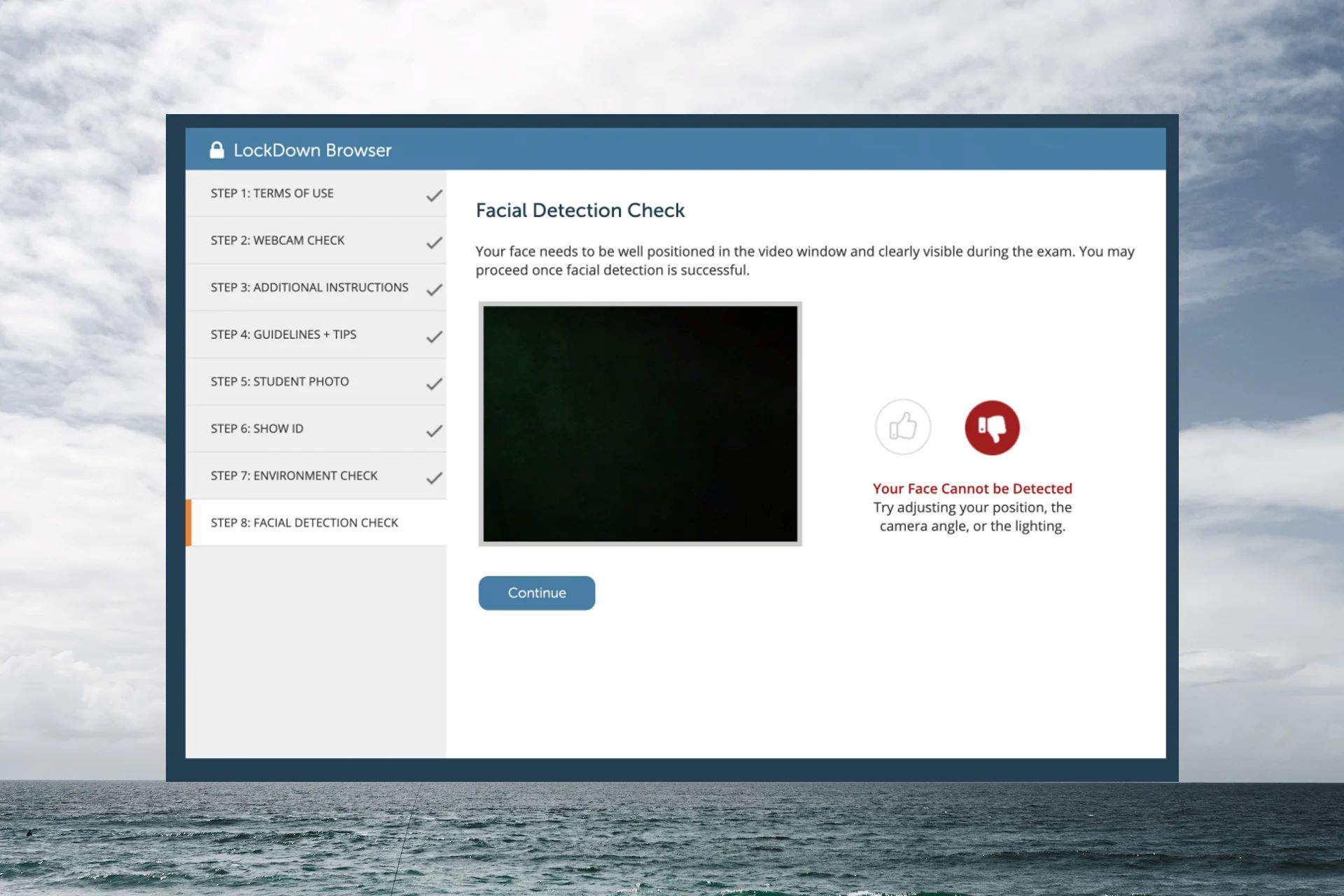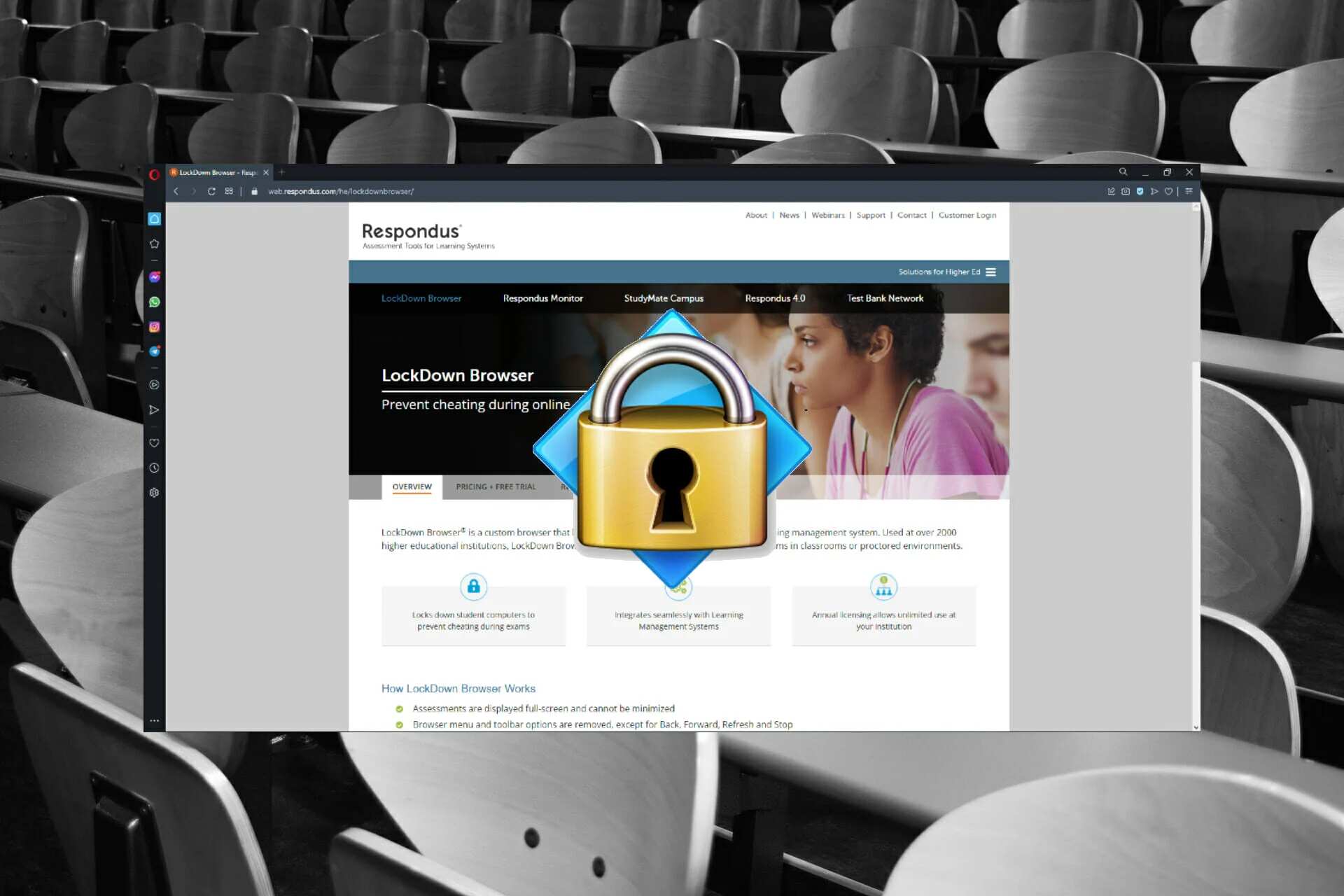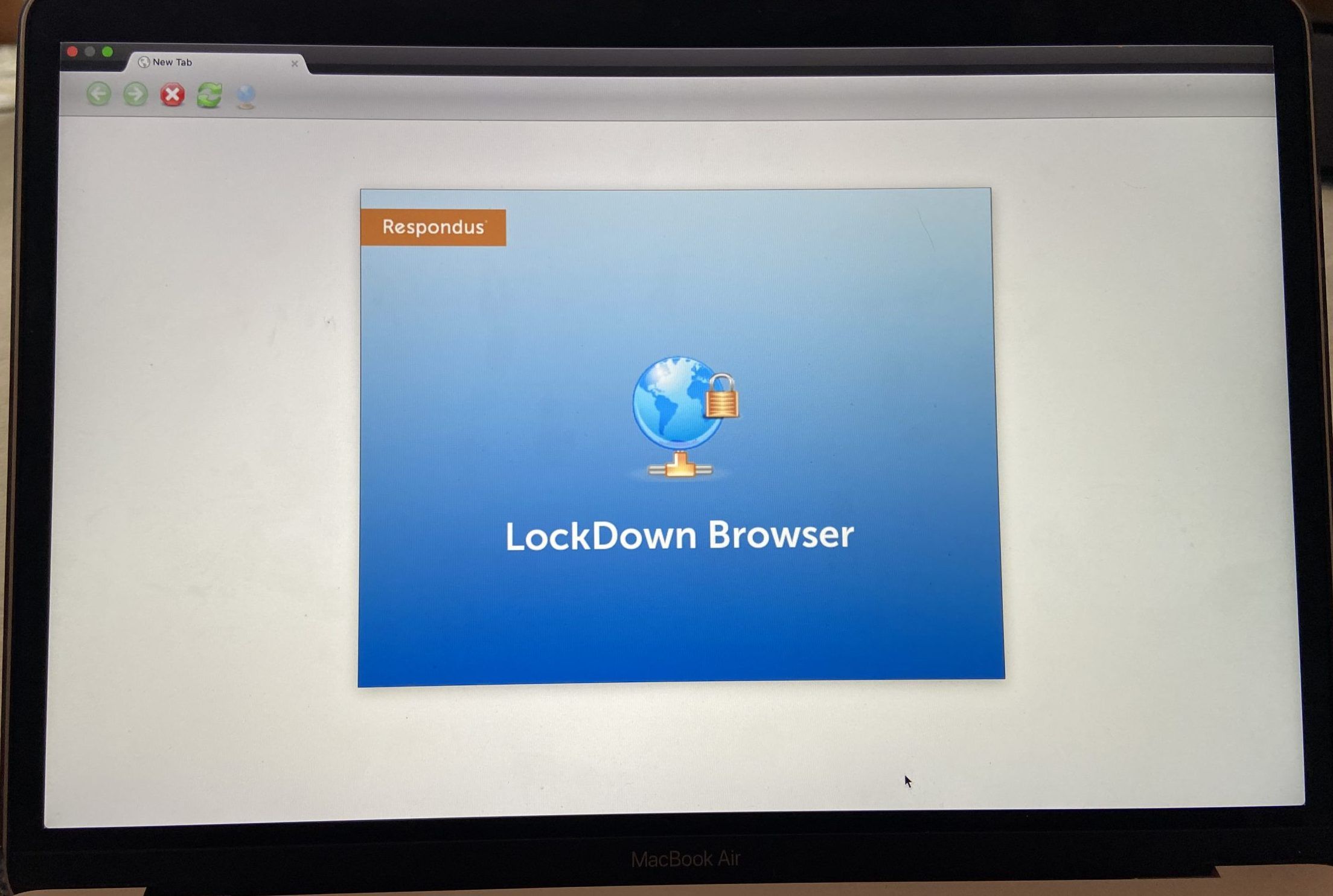Introduction
Respondus Lockdown Browser is a specialized web browser that restricts a student's ability to navigate outside of a learning management system (LMS) during an online exam. It is designed to maintain the integrity of the assessment process by preventing students from accessing unauthorized resources, such as websites, notes, or other applications, while taking a test. However, the use of Respondus Lockdown Browser has sparked discussions and debates within the academic community, with some students and educators expressing concerns about its impact on the learning experience.
As the digital landscape continues to evolve, the use of technology in education has become increasingly prevalent. With the shift towards online learning, educational institutions have turned to tools like Respondus Lockdown Browser to uphold academic honesty and ensure fair assessment practices. While the intentions behind its implementation are rooted in maintaining the credibility of online exams, the use of this browser has raised questions about its effectiveness and potential drawbacks.
In this article, we will delve into the intricacies of Respondus Lockdown Browser, exploring its functionalities, the reasons why students may seek to bypass it, the associated risks and consequences, and the methods that have been employed to circumvent its restrictions. By shedding light on these aspects, we aim to provide a comprehensive understanding of the dynamics surrounding Respondus Lockdown Browser and the implications of bypassing its security measures.
Understanding Respondus Lockdown Browser
Respondus Lockdown Browser is a custom browser that restricts students' access to external resources during online assessments. When a student launches an exam through the Lockdown Browser, it prevents them from opening other applications, accessing websites, or using any tools that may compromise the integrity of the test. This specialized browser essentially creates a controlled environment for online exams, aiming to deter academic dishonesty and maintain the credibility of the assessment process.
The functionality of Respondus Lockdown Browser extends beyond simply limiting web access. It also disables keyboard shortcuts, right-click menus, and the ability to switch to other windows or applications, thereby minimizing the potential for students to engage in unauthorized activities during the exam. Additionally, the browser can be configured to record the students' webcam and microphone feeds, providing instructors with a means to monitor test-takers remotely and further deter cheating behaviors.
Educators can integrate Respondus Lockdown Browser with learning management systems (LMS) such as Blackboard, Canvas, Moodle, and others, allowing them to seamlessly administer secure online assessments. By requiring students to use the Lockdown Browser, instructors aim to create a standardized testing environment that aligns with the principles of academic integrity and fairness.
While the primary goal of Respondus Lockdown Browser is to uphold the sanctity of online exams, its implementation has sparked debates within the academic community. Some students and educators have raised concerns about the potential impact of using such restrictive measures on the overall learning experience. Critics argue that the focus on surveillance and control may create an atmosphere of distrust and unease, potentially overshadowing the educational objectives of assessments.
In essence, Respondus Lockdown Browser represents a proactive approach to addressing the challenges of online assessment security. By understanding its functionalities and the underlying motivations for its use, stakeholders can engage in informed discussions about the implications of employing such technologies in educational settings.
Reasons for Bypassing Respondus Lockdown Browser
The decision to bypass Respondus Lockdown Browser during online exams can stem from various factors, reflecting the complex interplay of student perspectives, technological considerations, and educational dynamics. Understanding the reasons behind this inclination provides valuable insights into the challenges and concerns associated with the use of such restrictive assessment tools.
1. Technical Limitations and Compatibility Issues
Students may encounter technical challenges when using Respondus Lockdown Browser, especially on devices or operating systems that are not fully compatible with the application. In some cases, the browser's installation or functionality may impede the smooth execution of online exams, leading students to seek alternative means of accessing the assessment platform. Technical limitations can create frustration and hinder the seamless completion of exams, prompting students to explore bypassing options to mitigate these obstacles.
2. Accessibility and Accommodations
For students with disabilities or those requiring specific accommodations, the use of Respondus Lockdown Browser may pose accessibility barriers. Certain assistive technologies or accessibility features that students rely on during exams may be incompatible with the browser's restrictions, potentially impeding their ability to demonstrate their knowledge effectively. In such instances, students may consider bypassing the Lockdown Browser to ensure equitable access to assessment resources and accommodate their individual learning needs.
3. Privacy Concerns and Surveillance
The surveillance features integrated into Respondus Lockdown Browser, such as webcam and microphone monitoring, have raised privacy concerns among students. The prospect of being continuously recorded during an exam can evoke feelings of discomfort and unease, leading some students to question the necessity and proportionality of such surveillance measures. The perceived infringement on privacy rights may prompt individuals to explore bypassing options as a means of asserting control over their personal data and preserving their sense of privacy during online assessments.
4. User Experience and Interface Design
The user experience within Respondus Lockdown Browser may differ significantly from standard web browsers, potentially impacting students' comfort and familiarity with the assessment environment. The interface design, navigation restrictions, and limitations on multitasking can contribute to a less intuitive and engaging testing experience for some students. As a result, individuals may seek to bypass the Lockdown Browser in pursuit of a more user-friendly and conducive assessment environment that aligns with their accustomed digital workflows.
5. Ethical and Philosophical Considerations
From an ethical standpoint, some students and educators question the underlying principles of using a browser that enforces stringent control and surveillance during exams. Discussions surrounding academic integrity, trust, and the balance between security measures and student autonomy have prompted critical reflections on the philosophical implications of employing such technologies in educational settings. These considerations may prompt individuals to contemplate bypassing Respondus Lockdown Browser as a means of advocating for alternative approaches to assessment security and academic integrity.
In essence, the decision to bypass Respondus Lockdown Browser reflects a multifaceted interplay of technical, accessibility, privacy, user experience, and ethical considerations, underscoring the complexities inherent in the use of restrictive assessment tools in online education. By acknowledging and addressing these reasons, educators and technology developers can engage in meaningful dialogues aimed at fostering inclusive, secure, and ethically sound assessment practices.
Risks and Consequences
The decision to bypass Respondus Lockdown Browser carries inherent risks and potential consequences that warrant careful consideration. By circumventing the security measures put in place to uphold the integrity of online exams, students may expose themselves to a range of implications, both academically and ethically.
Academic Integrity and Disciplinary Actions
Bypassing Respondus Lockdown Browser undermines the principles of academic integrity and fair assessment practices. By seeking unauthorized means to evade the browser's restrictions, students risk compromising the credibility of their academic achievements. In educational settings, such actions may be viewed as violations of academic honesty and integrity policies, potentially leading to disciplinary measures, such as academic sanctions, failing grades, or even expulsion in severe cases. The repercussions of engaging in bypassing activities extend beyond the immediate exam context, impacting students' academic records and ethical standing within their educational institutions.
Ethical Considerations and Trust
The act of bypassing Respondus Lockdown Browser raises ethical considerations related to trust, honesty, and the mutual obligations between students and educators. By circumventing the established assessment protocols, students may erode the trust that forms the foundation of the academic community. Such actions can undermine the collaborative efforts to uphold academic integrity and ethical conduct, potentially straining the relationships between students and their educational institutions. Moreover, the erosion of trust resulting from bypassing activities may have broader implications for the culture of integrity and accountability within the academic environment.
Legal and Reputational Ramifications
Engaging in activities to bypass Respondus Lockdown Browser may have legal and reputational ramifications for students. Depending on the institutional policies and local regulations, such actions may constitute breaches of academic conduct codes or terms of service agreements. Consequently, students may face legal consequences or damage to their academic reputation, affecting their future educational and professional endeavors. The repercussions of bypassing security measures extend beyond the immediate academic context, potentially impacting students' standing within the broader academic and professional communities.
Technological and Security Implications
From a technological standpoint, bypassing Respondus Lockdown Browser may introduce security vulnerabilities and risks to the assessment platform. Unauthorized access to exam content or the introduction of external resources can compromise the integrity of the assessment process, undermining the validity of the results. Additionally, circumventing security measures may expose students to potential cybersecurity threats, such as malware or unauthorized data access, posing risks to their personal and academic information.
In essence, the risks and consequences associated with bypassing Respondus Lockdown Browser extend beyond the immediate academic context, encompassing ethical, legal, reputational, and technological dimensions. By recognizing and addressing these implications, students can make informed decisions that align with the principles of academic integrity and ethical conduct, fostering a culture of trust and accountability within educational environments.
Methods to Bypass Respondus Lockdown Browser
The endeavor to bypass Respondus Lockdown Browser during online exams has led to the exploration of various methods aimed at circumventing its security measures. It is important to note that engaging in such activities raises ethical and academic integrity concerns, and this section serves to provide an informative overview of the methods that have been employed for bypassing the browser's restrictions.
1. Virtual Machine Emulation
Some students have attempted to bypass Respondus Lockdown Browser by utilizing virtual machine emulation software. By running the Lockdown Browser within a virtual machine environment, students seek to create a layered system that can potentially circumvent the browser's monitoring and control mechanisms. This method involves setting up a virtualized operating system within the host system, allowing students to navigate outside the confines of the Lockdown Browser while appearing to comply with its restrictions.
2. Screen Mirroring and Remote Access
Another approach involves using screen mirroring or remote access applications to project the exam interface onto a secondary device or monitor. By leveraging these technologies, students aim to manipulate the exam environment on one screen while accessing external resources or assistance on another. This method attempts to create a deceptive testing environment by circumventing the browser's control over the primary device, potentially compromising the integrity of the assessment process.
3. Network Proxy and VPN Services
Some students have explored the use of network proxy servers and virtual private network (VPN) services to bypass Respondus Lockdown Browser's restrictions. By routing their internet traffic through proxy servers or VPNs, students seek to obfuscate their actual network activity and location, potentially evading the browser's monitoring and filtering mechanisms. This method aims to create a deceptive network environment, allowing students to access unauthorized resources while appearing to comply with the browser's security protocols.
4. Exploiting System Vulnerabilities
In certain instances, students have attempted to exploit vulnerabilities within the operating system or the Lockdown Browser itself to bypass its restrictions. This may involve manipulating system settings, leveraging software vulnerabilities, or employing unauthorized scripts to subvert the browser's control mechanisms. By exploiting potential weaknesses in the system, students aim to gain unauthorized access to resources or functionalities that are typically restricted during online exams.
5. Collaborative Cheating Practices
Some students have resorted to collaborative cheating practices as a means of bypassing Respondus Lockdown Browser's restrictions. This may involve coordinating with peers to share exam content, answers, or external resources during the assessment, circumventing the browser's controls through unauthorized collaboration. Such practices undermine the principles of individual assessment integrity and fairness, posing ethical and academic integrity concerns within educational settings.
It is crucial to emphasize that the exploration and utilization of these bypassing methods raise significant ethical, academic integrity, and legal considerations. Engaging in activities to bypass Respondus Lockdown Browser undermines the principles of fair assessment practices and academic integrity, potentially leading to disciplinary actions and reputational consequences. Therefore, it is essential for students to prioritize ethical conduct and academic integrity while navigating the challenges associated with online assessments.
Conclusion
In conclusion, the dynamics surrounding Respondus Lockdown Browser and the implications of bypassing its security measures underscore the complexities inherent in the intersection of technology, education, and ethical conduct. The use of such restrictive assessment tools reflects the ongoing efforts to adapt to the evolving landscape of online learning while upholding academic integrity and fair assessment practices. However, the reasons for bypassing Respondus Lockdown Browser, the associated risks and consequences, and the methods employed to circumvent its restrictions highlight the multifaceted challenges and ethical considerations that permeate the educational environment.
As educational institutions navigate the complexities of online assessment security, it is imperative to foster inclusive and equitable testing environments that accommodate diverse student needs while upholding the principles of academic integrity. This necessitates a balanced approach that integrates technological solutions with ethical considerations, ensuring that assessment practices align with the educational objectives of fostering critical thinking, knowledge application, and ethical conduct.
Furthermore, the discourse surrounding Respondus Lockdown Browser and the phenomenon of bypassing its restrictions underscores the importance of engaging in meaningful dialogues that encompass student perspectives, technological considerations, and ethical implications. By acknowledging the diverse reasons behind the inclination to bypass the browser, educators and technology developers can work towards implementing assessment solutions that prioritize accessibility, user experience, and ethical considerations, fostering a culture of trust, accountability, and academic integrity within educational settings.
Ultimately, the complexities surrounding Respondus Lockdown Browser and the ethical considerations associated with bypassing its security measures serve as a call to action for stakeholders in the education sector to collaborate in shaping assessment practices that are not only secure and technologically robust but also inclusive, ethical, and conducive to meaningful learning experiences. By embracing this holistic approach, educational institutions can navigate the challenges of online assessment security while fostering an environment that upholds the principles of academic integrity, fairness, and student well-being.









